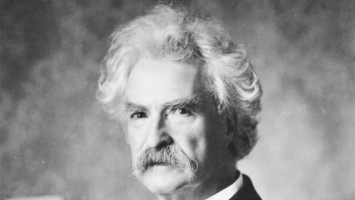Top 10 Fascinating Facts About Body Language
Everyone is familiar with the term "body language," and the majority of us have a fundamental understanding of how it functions. Unmistakable signals include ... read more...some. Probably not your buddy is someone who purposefully avoids you or scowls at you when you speak. Someone who touches you and smiles all the time probably wants to be your buddy. But there is a lot of complexity and gray space in the center that most of us overlook. You can give away all kinds of cues about what you're thinking and feeling at any one time by changing anything from the way your eyes blink to the way your glabella wiggles.
-
The worry of speaking the incorrect thing is something that almost everyone has experienced. The good news is that you can now reasonably determine whether someone thinks what you're saying is stupid. We often crease our glabella when we hear something that we don't like because we believe it to be stupid, incorrect, or in some other way unpleasant. That is the area at the peak of your nose, directly between your eyes. Watch what you say as that tiny patch starts to wrinkle. The individual you're speaking to is not at all engaged in the conversation if it keeps happening. There's a strong probability they don't like you, or at least what you're saying, even if they might still be nice.
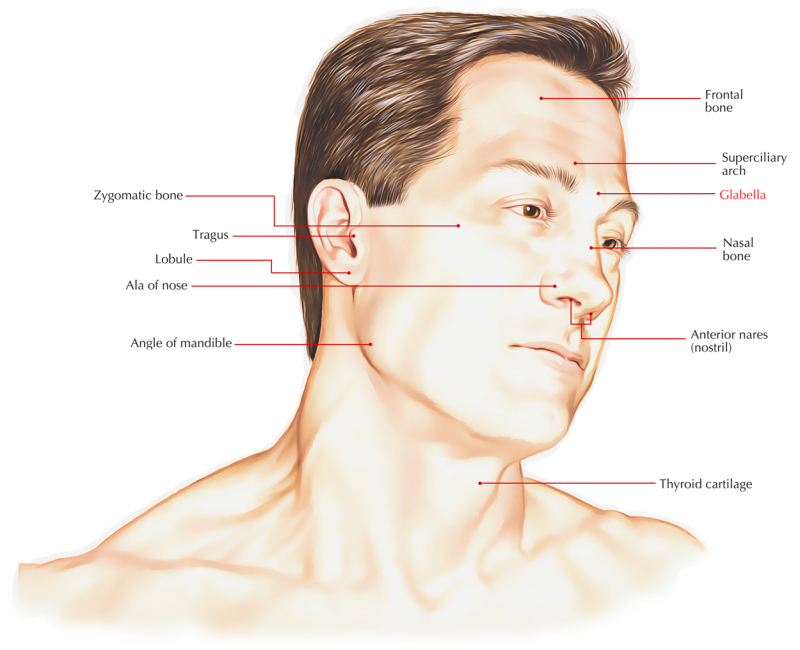
https://www.google.com 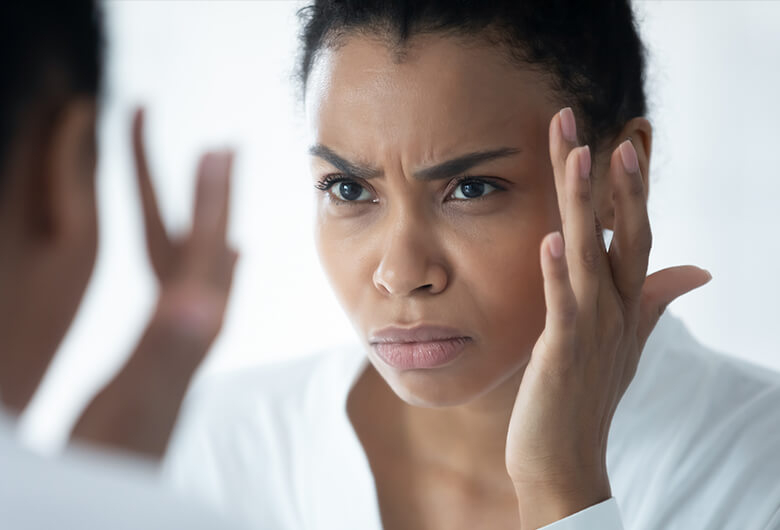
https://www.google.com -
Your lips do a wonderful job of conveying your emotions. You can frown when you're depressed, grin when you're joyful, sneer when you're angry, and we've all probably seen someone with a really skillful manner of holding their lips to look incredibly alluring.
What else can lips communicate to you without verbal communication? They are a simple way to express how you feel about a circumstance. Someone who is clamping their lips together is likely not pleased with what is going on. The sensation worsens as the lips get more constricted. In extreme cases, the person could even suck their lips into their mouth.
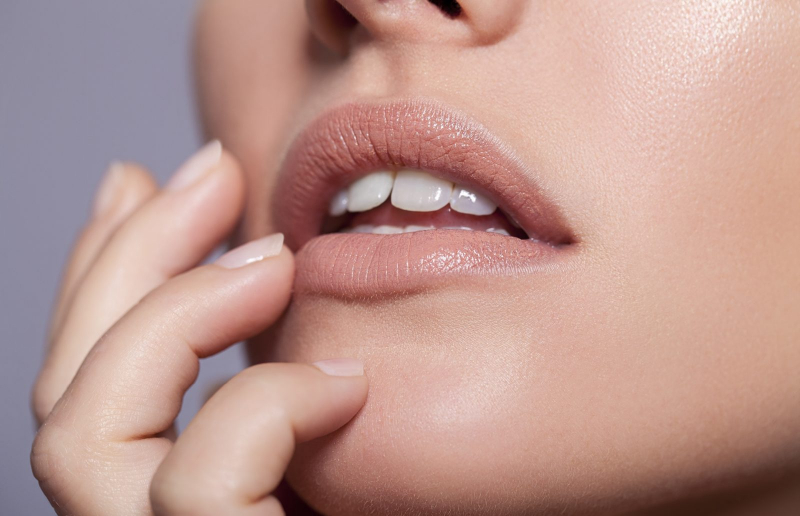
https://www.google.com 
https://www.google.com -
Things are not going well if you're at a bar and try to flirt with someone across the room, but all they do is gaze blankly at you and perhaps wince a little. However, there are various indicators that can let you know you have a chance in this situation.
You may watch for specific behaviors that show someone is trying their best for you even before you start a dialogue. These preening acts include toying with or adjusting one's hair. In a club, you'll frequently observe this kind of conduct, which occasionally transcends the subconscious and becomes quite intentional. Sometimes people will "accidentally" curl their hair around a finger in a very obvious purposeful display. It originates from the unconscious body language that says, "Appear how good I look," to the person.
Having no hair at all? No issue. Anything that makes it obvious that someone is improving their appearance is acceptable. The requirement is anything that transforms you from being unaware of your look to being really concerned with it, such as fixing clothes or sitting up straight.
https://www.google.com 
https://www.google.com -
In the arena of seduction, body language is very important. Navarro can assist you in finding a partner in addition to using his skills to capture spies. Even when you're pandemic Zoom dating. Humans enjoy looking at and touching other people's hands. As we've seen, how you hold your hands while speaking says a lot. However, it shows attention if you imitate the other person's hand gestures when you're conversing. Then you know you have them hooked if you see someone doing that to you.
Beyond handwork, this mirroring phenomenon, known as isopraxis, is also present. You can sit in the same position as someone else or nod in response. When you take something they're doing and make it your own, it shows you have a strong belief in what they're saying.
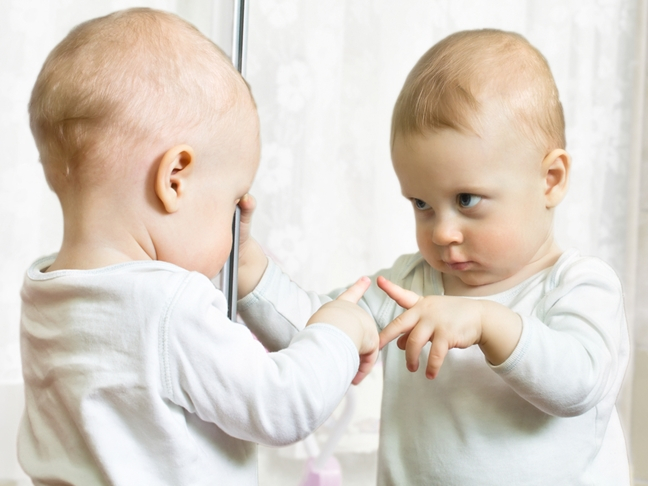
https://www.google.com 
https://www.google.com -
You may have heard that liars frequently turn their heads away. The cliché "look me in the eye and tell me the truth" has been used often in both television and film throughout the years. The notion is that the liar will be compelled to look away or give in to the pressure and confess the truth while under such close scrutiny and the weight of some genuine shame.
It is just rubbish. The persistent misconception that if someone glances up to the left or right, they're accessing a part of their brain to assist them fabricate a story instead of telling the truth, builds on this. This has also been proven to be rubbish.
According to Navarro, visual cues that suggest deceit are generally quite untrustworthy. Despite the fact that we believe we can decipher dishonesty via body language, it is quite difficult. Coughing, rubbing one's face, and other alleged signs of dishonesty could all very well indicate that a person has a dry throat or an itchy nose.
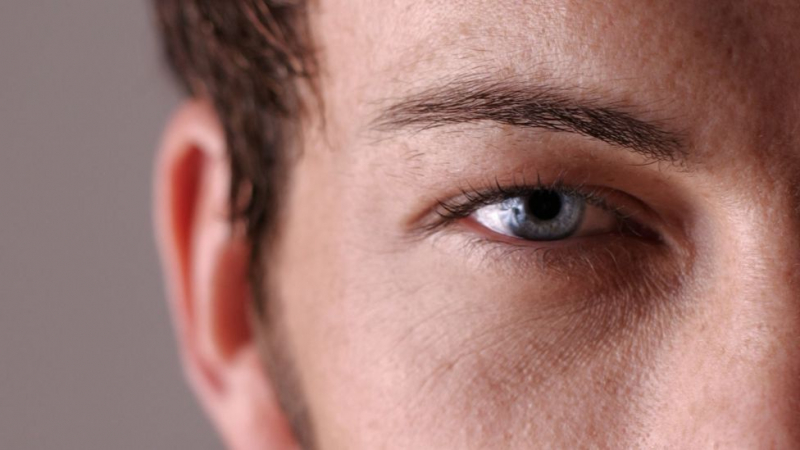
https://www.google.com 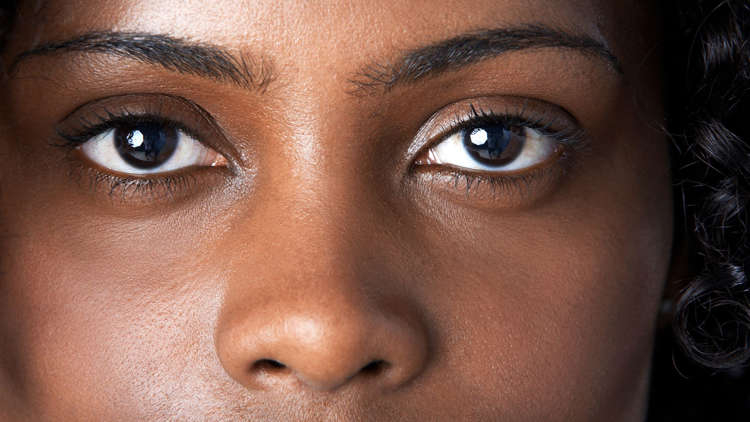
https://www.google.com -
It has been widely accepted that crossing your arms indicates a strong sensation of blocking or distancing. You're defending those crucial organs with your arms. This "fact" is widely available online. Now, if you normally cross your arms, think about what you're feeling at that moment. Are you in danger? Are you really in a defensive mode? Are you making an effort to defend your heart against assaults? Most likely not.
According to Janine Driver of the Body Language Institute, the popular idea is apparently untrue. Crossing your arms can actually be assisting your thinking, particularly at work. Navarro concurs that it is more self-soothing and less defensive. And hey, sometimes you might just need something to do with your arms because they are tired.

https://www.google.com 
https://www.google.com -
There's a joke about individuals becoming hot under the collar when asked about a sensitive topic that probably originated in vaudeville. Boy, is it getting hot in here, the individual being questioned will rip out their collar and remark. The inference is that you become agitated, heated, and uncomfortable when you are the topic of awkward questioning. And what's this? Absolutely legitimate.
When Navarro interrogated individuals in his capacity as a law enforcement official, he would watch for what he called ventilation tactics, which show someone is attempting to control their stress. To cool down and ventilate the body, this frequently required practically grabbing a shirt collar and tugging it out.
Ventilation itself is in no way a sign of lying, much like a body language lie detector. But it does indicate that a particular line of inquiry or behavior is unsettling a person. It's not even necessary to ask a question. You are also prone to acting in this way if you are exposed to a situation that makes you feel particularly out of place, such as when you are a mild-mannered church organist and accidently enter a biker bar.

https://www.google.com 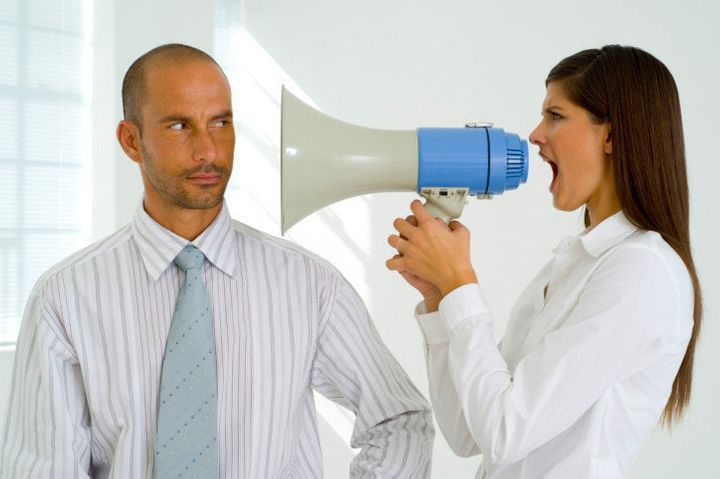
https://www.google.com -
One of the things that most people seldom consider is how frequently they blink. Since it's an automatic behavior, we are oblivious to how frequently we engage in it. The average adult blinks 15 to 20 times each minute, in case you were wondering.
Your blink rate will rise in a tense setting. This might suggest dishonesty, but it doesn't mean it always does. It could also be a sign of tension and discomfort in a circumstance. Having said that, if someone's blink rate suddenly increases while they are speaking, such during a speech or a courtroom witness, that could be a symptom of deceit.
Navarro notes that Nixon's blink rate increased from 12 times per minute to over 70 times when he was speaking and not necessarily being truthful. Check watch Bill Clinton while he was testifying in court; he was blinking more than 100 times per minute, which is a telltale sign of someone who is under stress.
Automobile salespeople and other professions who want to exert pressure on others receive instruction on how to spot blink rates. They'll keep an eye on your eyes to judge when and how to apply extra pressure to seal the deal. Therefore, be mindful of how often you blink and attempt to regulate it if you're going into a high-stress situation and want to appear that you're calm and collected.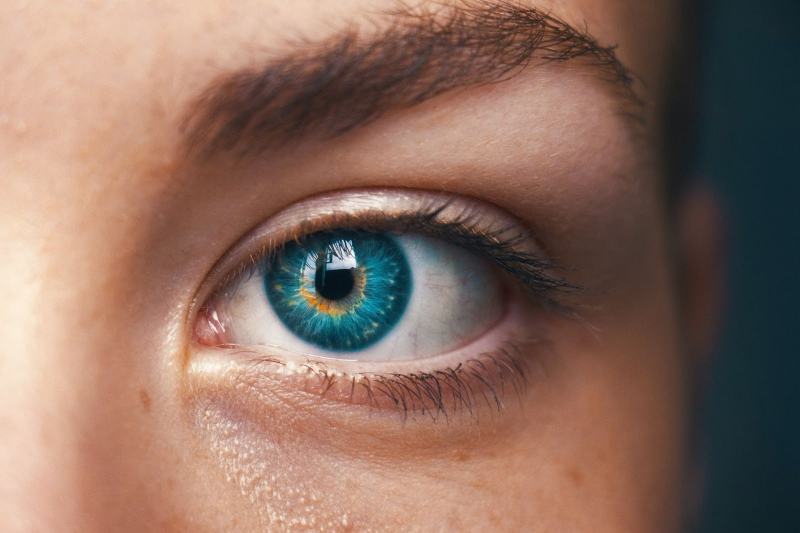
https://www.google.com 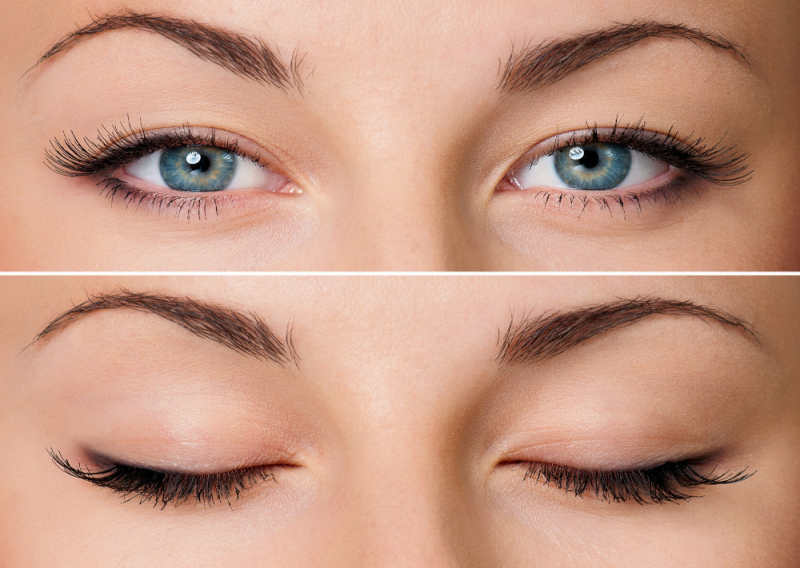
https://www.google.com -
It's likely that if you were to impersonate Mr. Burns from The Simpsons, you'd utter "great" while twirling your fingers. That hand gesture would be made by someone like Mr. Burns in real life, not simply in a cartoon. When you clasp your hands together with the fingertips pointing upward like a church steeple, you are expressing confidence. It's the most potent example of confidence somebody can give, claims Navarro.
Navarro asserts that a person who is anxious or uncertain will wring their hands and make shaky hand motions. The opposite, which exudes power, is steepling. When it's gone, the assurance this gesture conveys vanishes. Take it as a positive indication that someone is losing their confidence if they go from steepling to not steepling. When someone starts slowly rubbing their hands together, it's a clear sign that they are under stress.

https://www.google.com 
https://www.google.com -
With only those two phrases, it could be difficult to decipher what exactly "arms akimbo" signifies. But imagine someone who has their hands on their hips, their elbows out, and their thumbs facing back. This is known as the arms akimbo position, and if someone is holding their arms in that position while speaking to you, they likely feel relatively in control of the situation.
Joe Navarro, a body language expert with 50 years of experience studying the science of body language, including 25 years spent with the FBI detecting spies, says that the arms are up. This is a posture of domination. Someone who stands with their arms crossed signals to you that they are engaged in the conversation, are paying attention, and most likely have a topic of conversational interest.
Navarro used his knowledge of body language to ascertain which inquiries made suspected feel uneasy and even whether a person was an international spy. We all frequently enter and exit these patterns of body language, making them easy to miss, but if you know what to look for, they may be quite useful for giving you information.
With a simple hand motion, the arms-akimbo position can be quickly changed from trying to be dominant to being curious and inquiring. If the thumbs are out and the fingers are back, you are now more interested and curious about what is happening than you were before.
https://www.google.com 
https://www.google.com






























